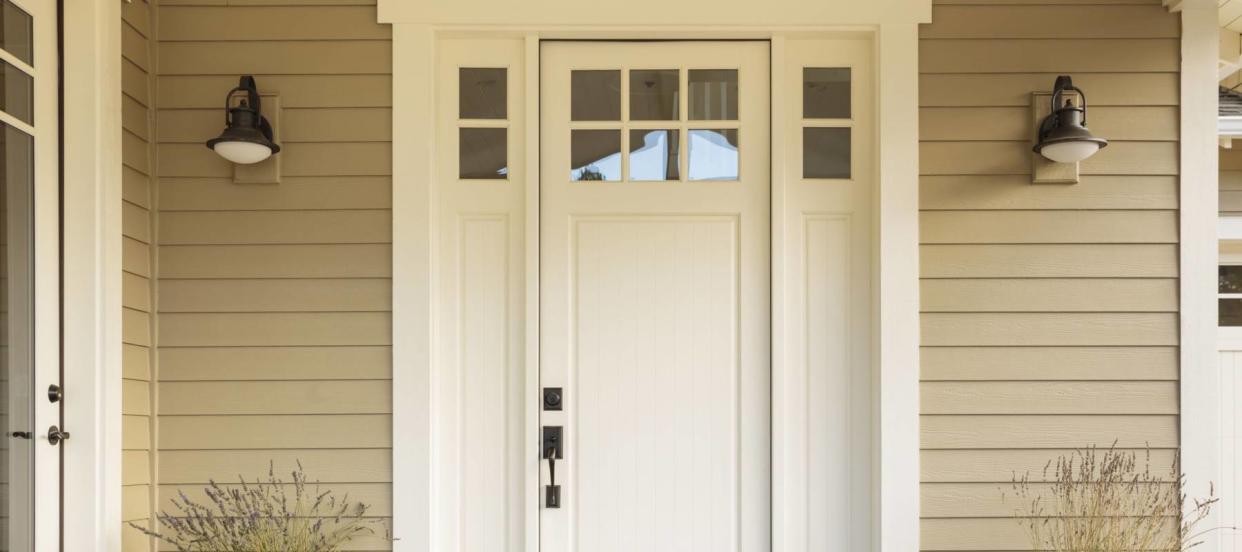What Every Homebuyer Should Know About PMI: Private Mortgage Insurance

PMI stands for private mortgage insurance. It is a monthly cost that some homeowners get stuck with, as part of their mortgage payment.
Here's why it happens -- and how you can avoid it.
Why PMI?
When a bank or other mortgage lender loans money to a homebuyer, the company is taking an enormous financial risk. The company assumes this risk because it stands to profit from the interest a buyer will pay over the course of the loan, but, with every opportunity for profit comes a risk for loss.
What if the buyer loses a job? What if he or she dies? What if the buyer just stops paying on the mortgage? In any of these events, the mortgage company will lose both the money that was loaned — and the interest.
The mortgage company requires the buyer to pay PMI in order to protect itself. PMI is insurance to help the lender recover if the buyer defaults on the loan. The buyer is required to pay monthly premiums based on the cost of the home, typically up to $200 per month.
PMI is tacked onto the monthly mortgage payment. If a homeowner who pays $800 toward interest and principal every month has PMI of $150, the monthly mortgage bill will be $950.
How to escape it

You can make a break from PMI by making a larger mortgage payment.
Pure and simple, you're required to pay PMI if you make a down payment that's on the small side when you buy a home.
To avoid PMI premiums, make a higher down payment. Most conventional mortgage companies require a down payment of at least 20% of the cost of the house in order to waive the PMI requirement. Companies reason that a person with enough assets to make a bigger investment when buying a home is less likely to default on the loan.
Note that some non-conventional loans never have PMI. For example, VA loans do not require any down payment and do not charge PMI.
Other things you'll want to know
In some cases, a buyer will get separate loans to cover the cost of the home and the cost of down payment, thus avoiding PMI. This type of borrowing scheme is called a piggyback loan, but it has its own risks and benefits.
Some loans offer options where the lender will pay the PMI, rather than the buyer.
If you're already a homeowner paying PMI, rest assured it will go away when you pay off enough of the loan.
PMI will increase monthly mortgage payments, but it should not be so expensive as to make a home unaffordable. Mortgage bankers can answer specific questions about PMI.

